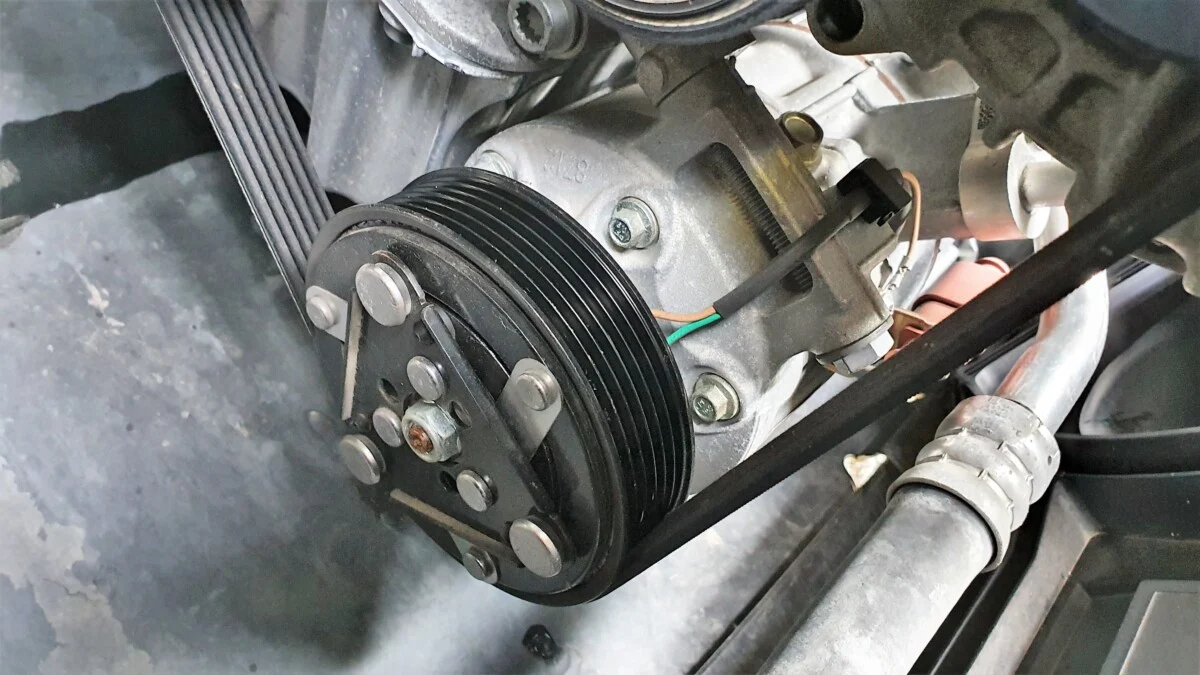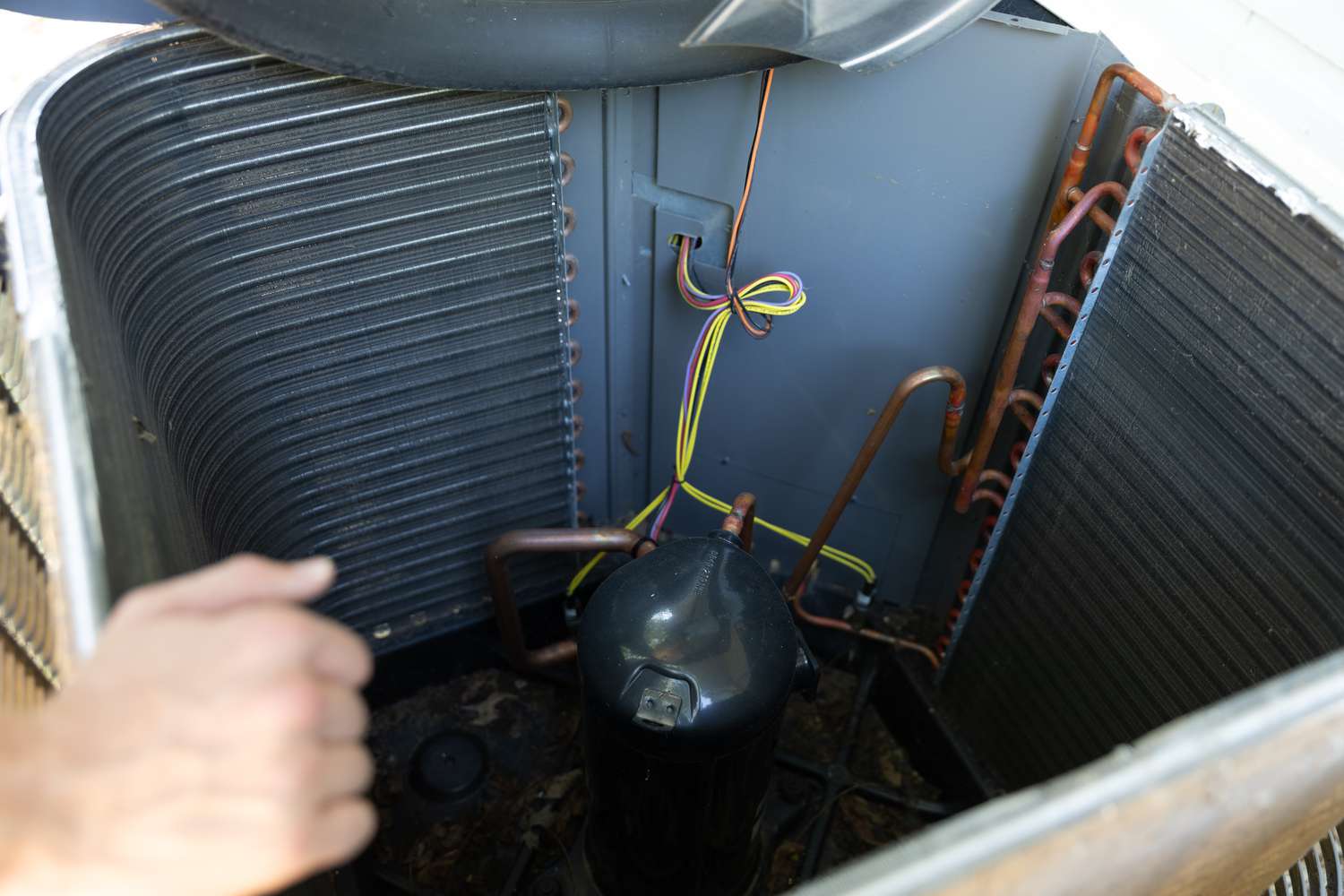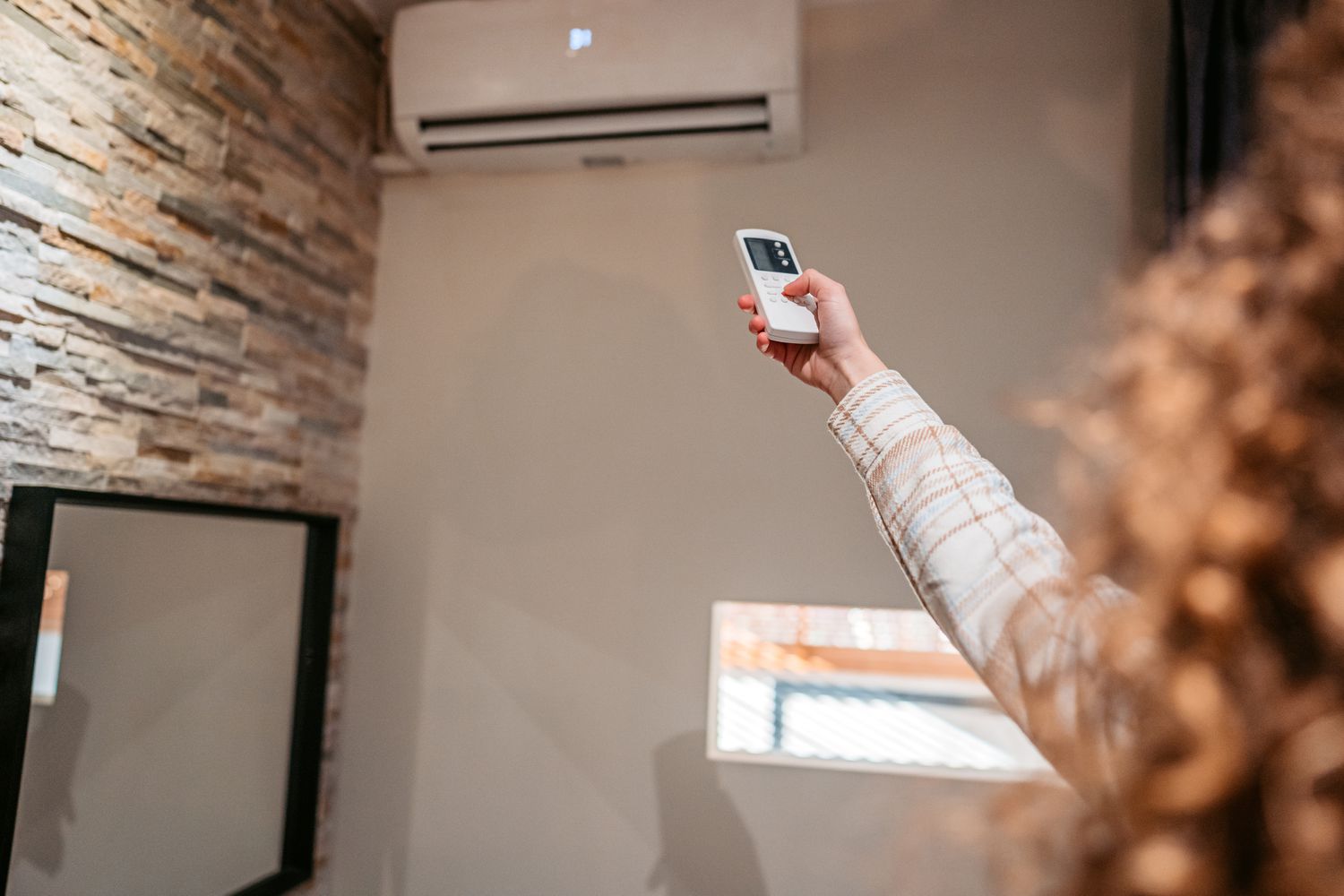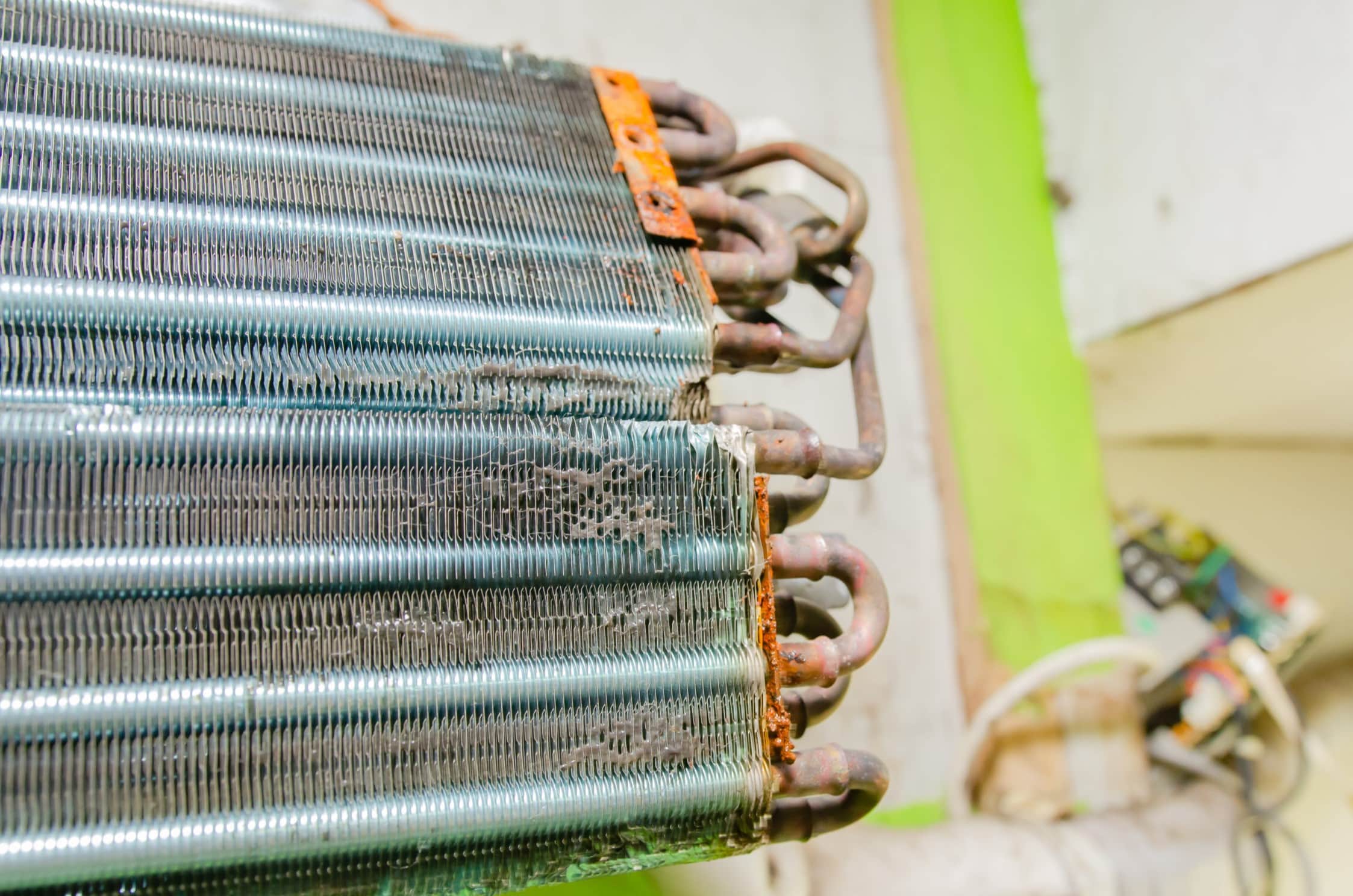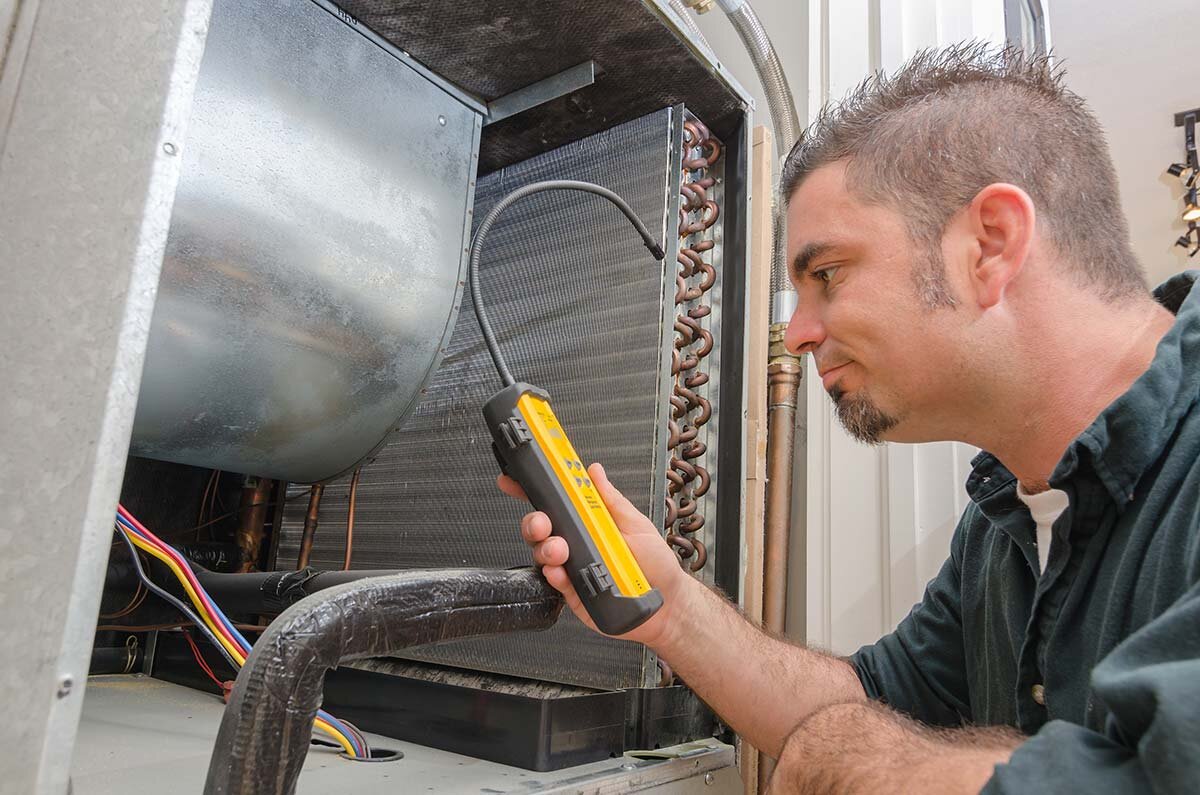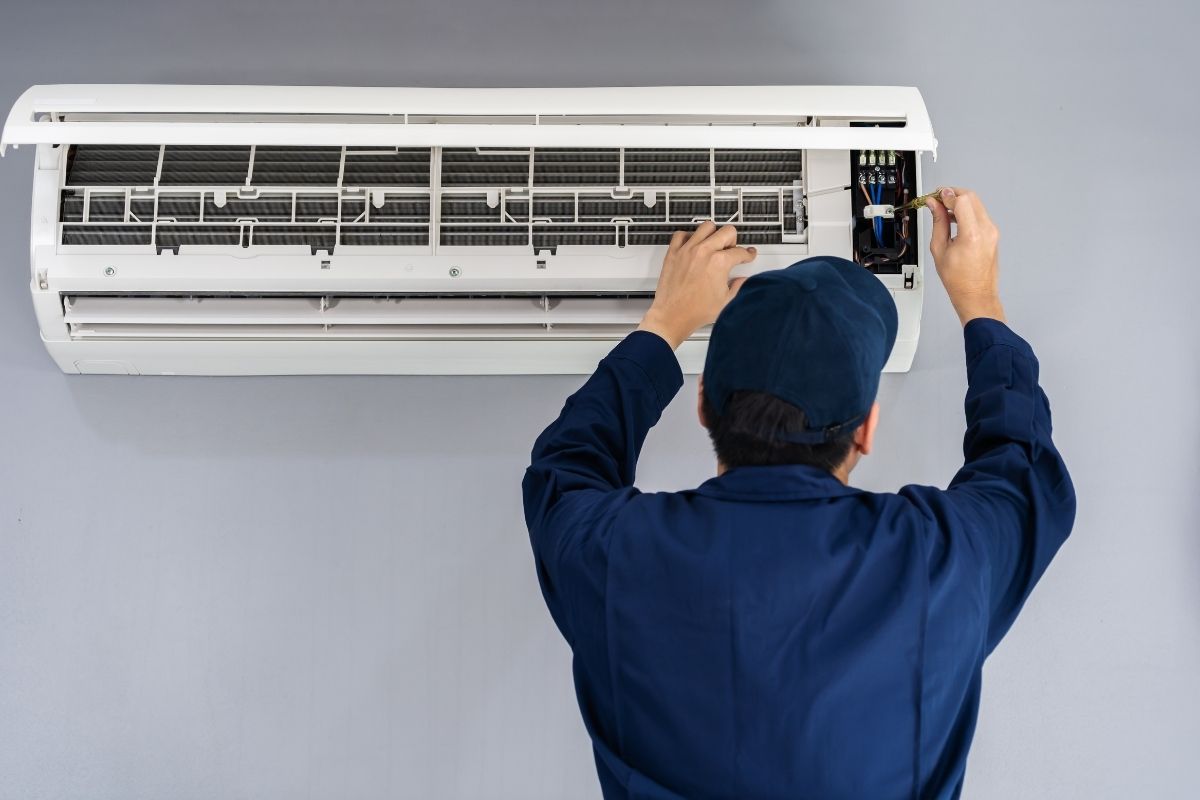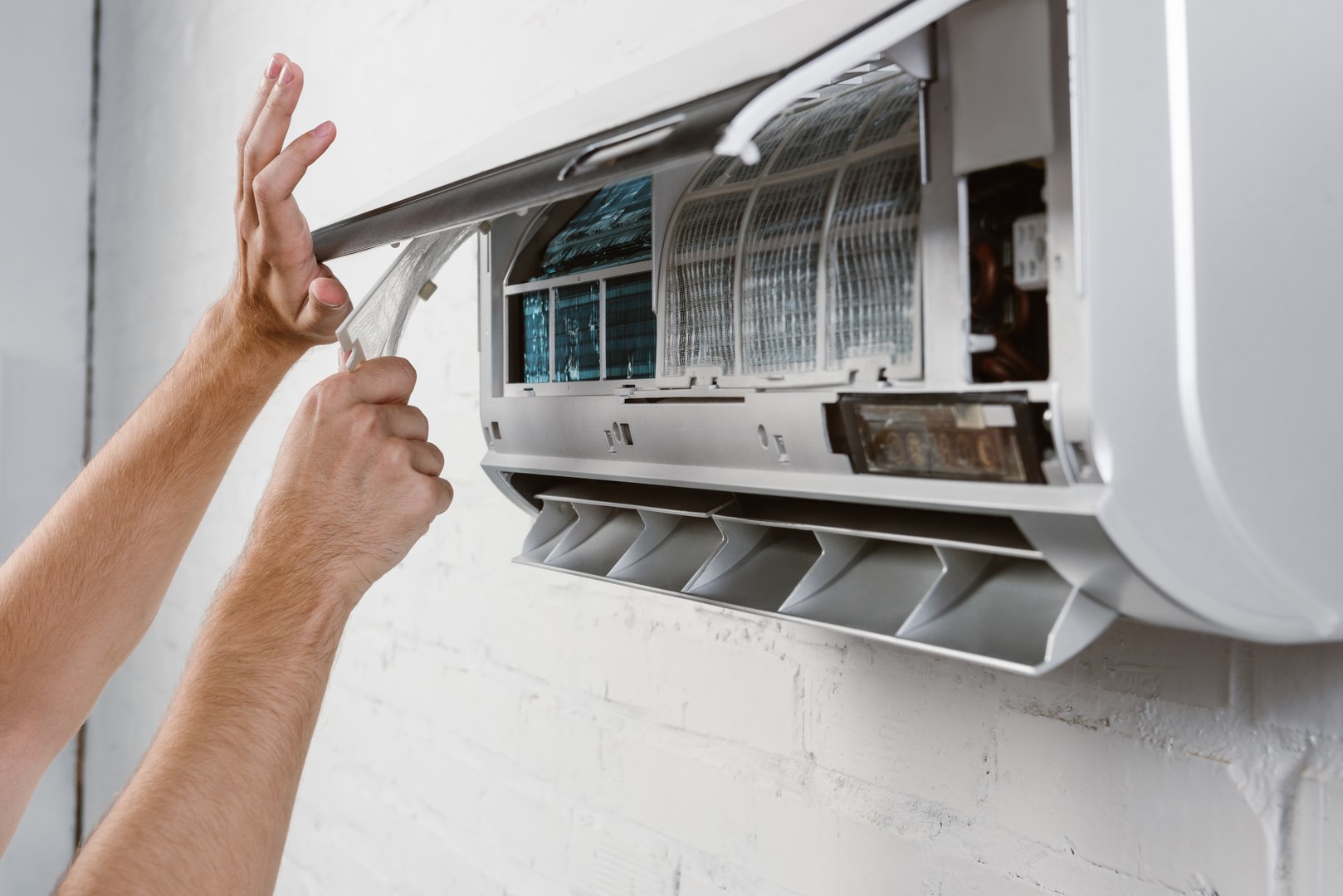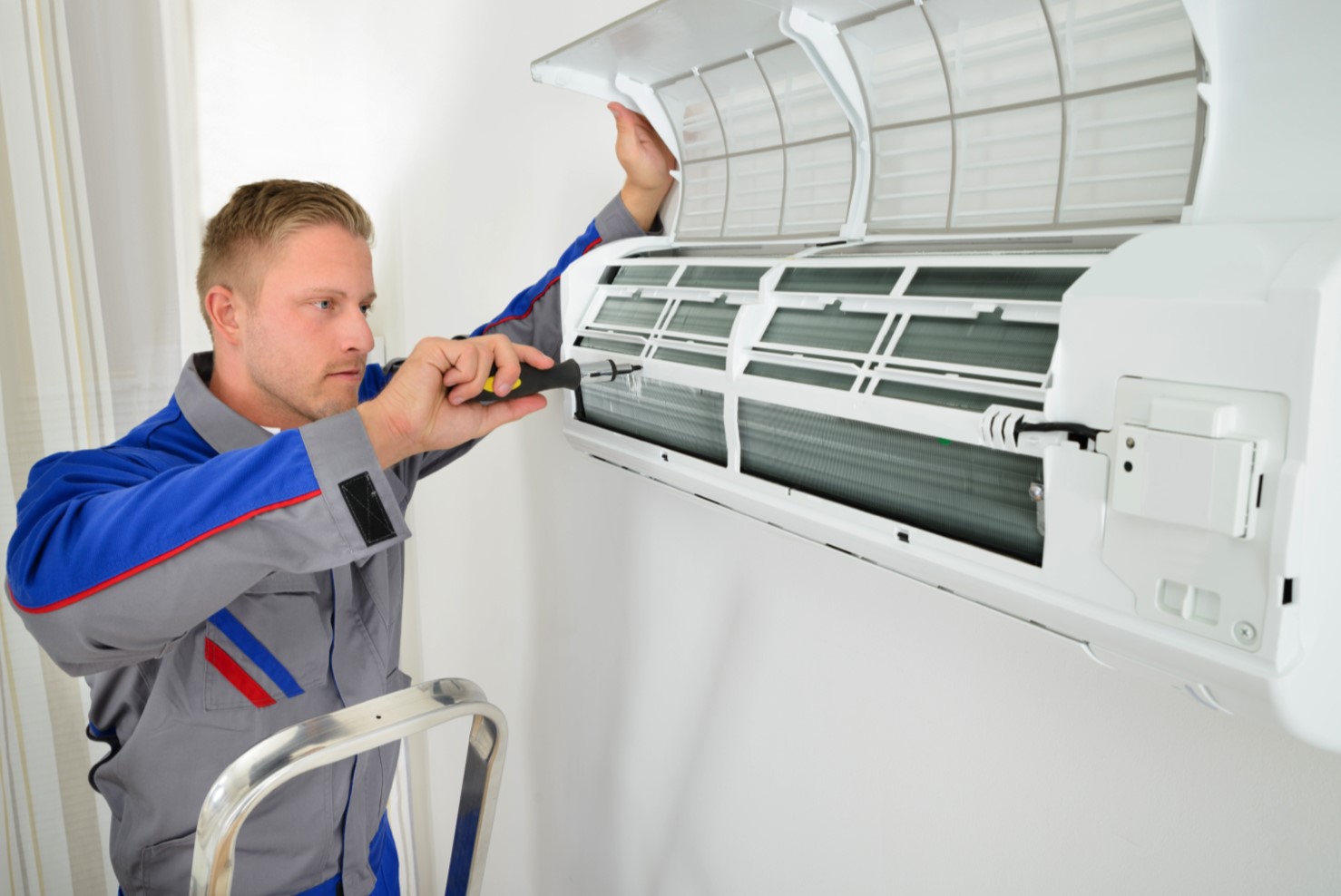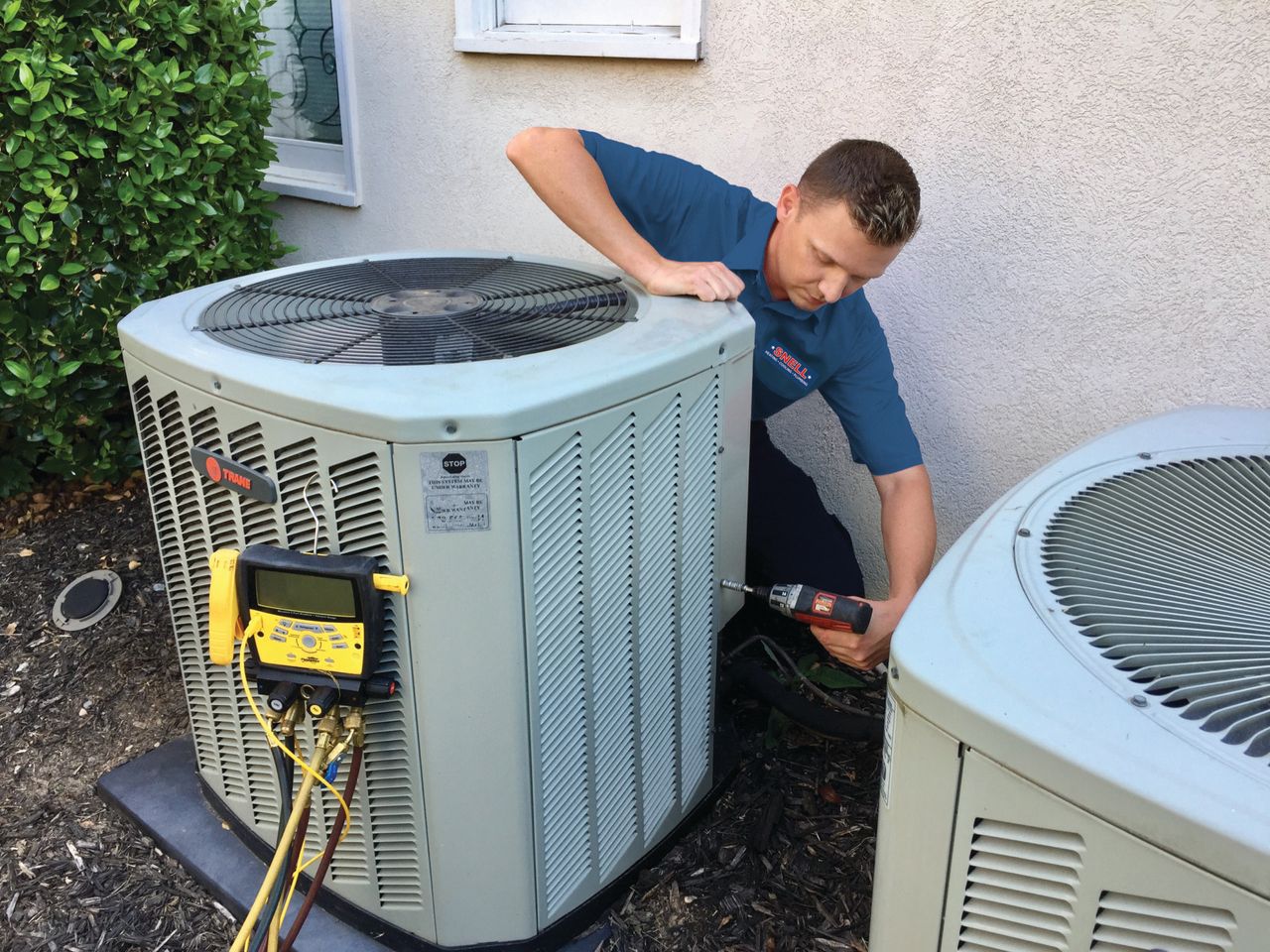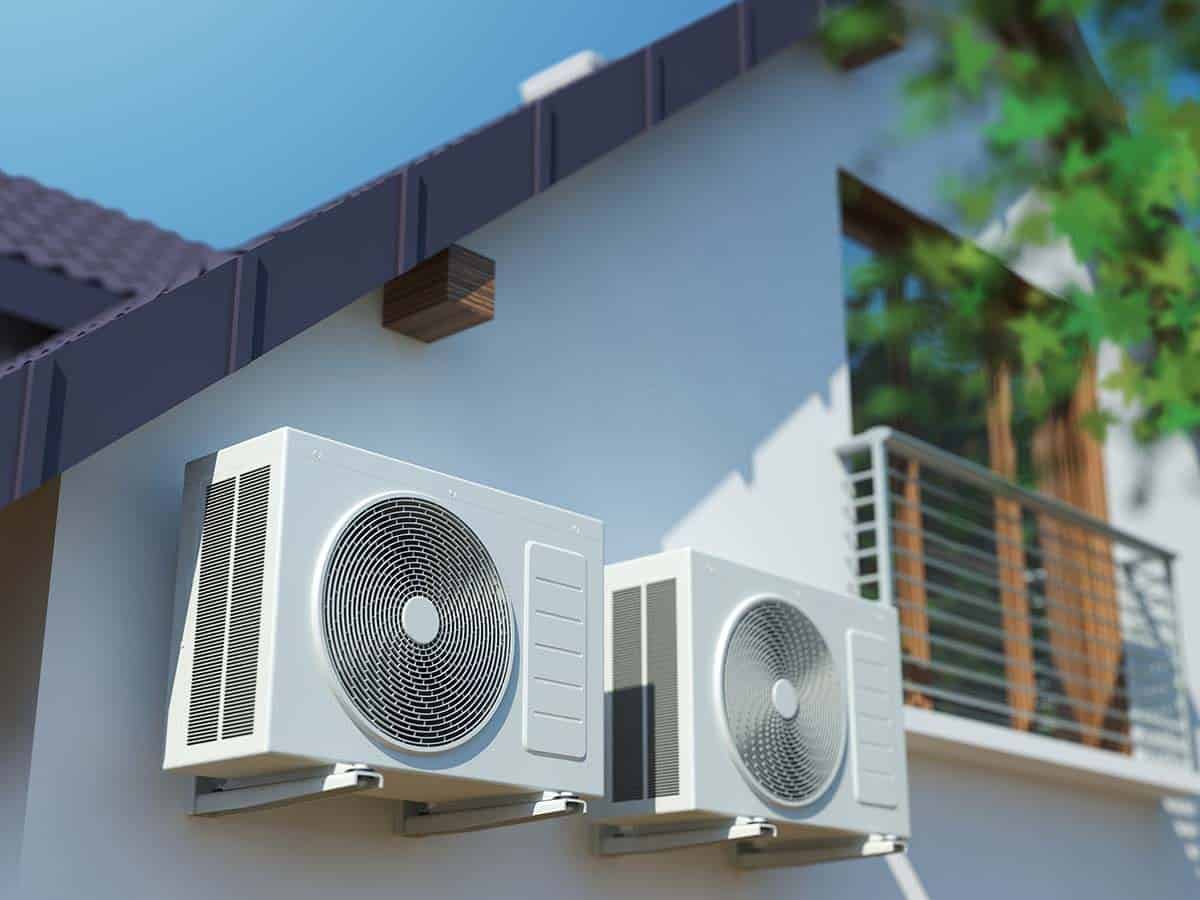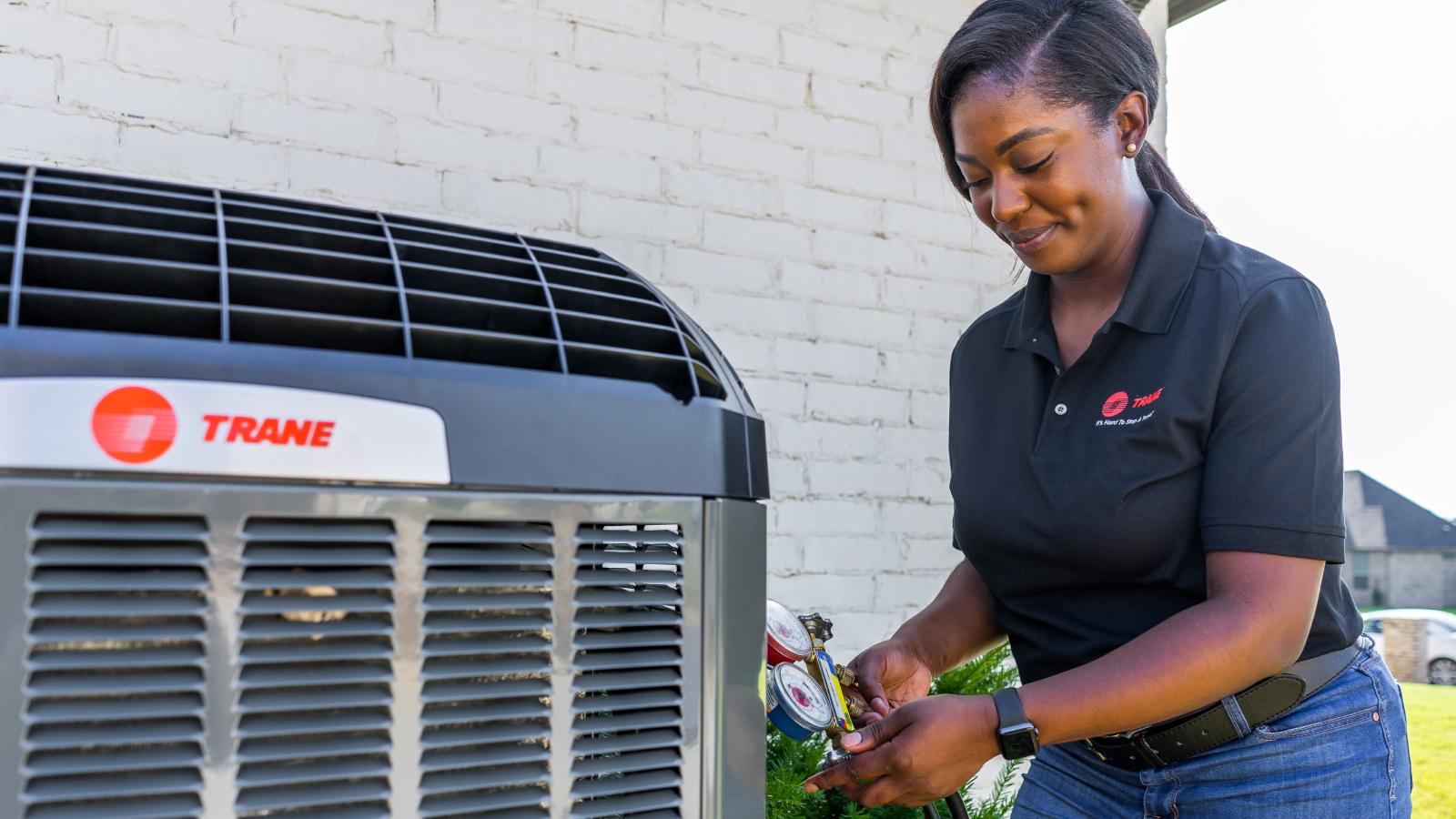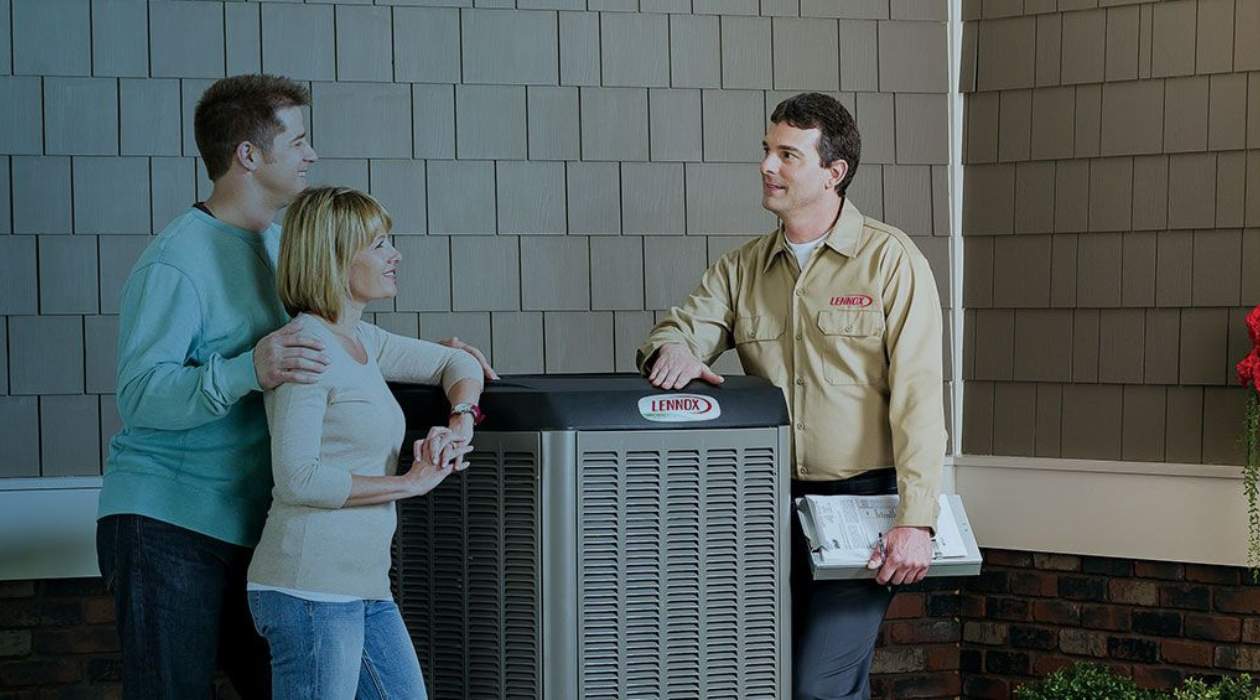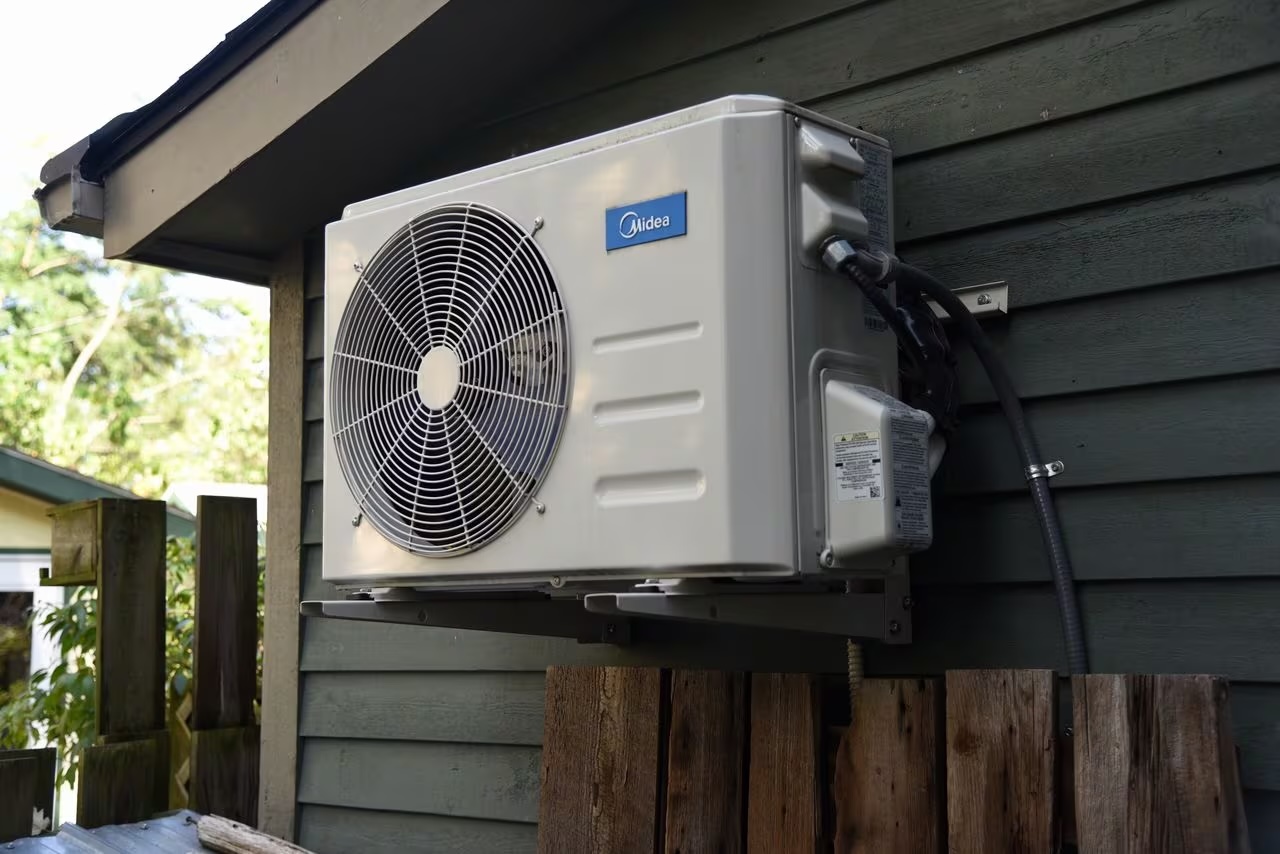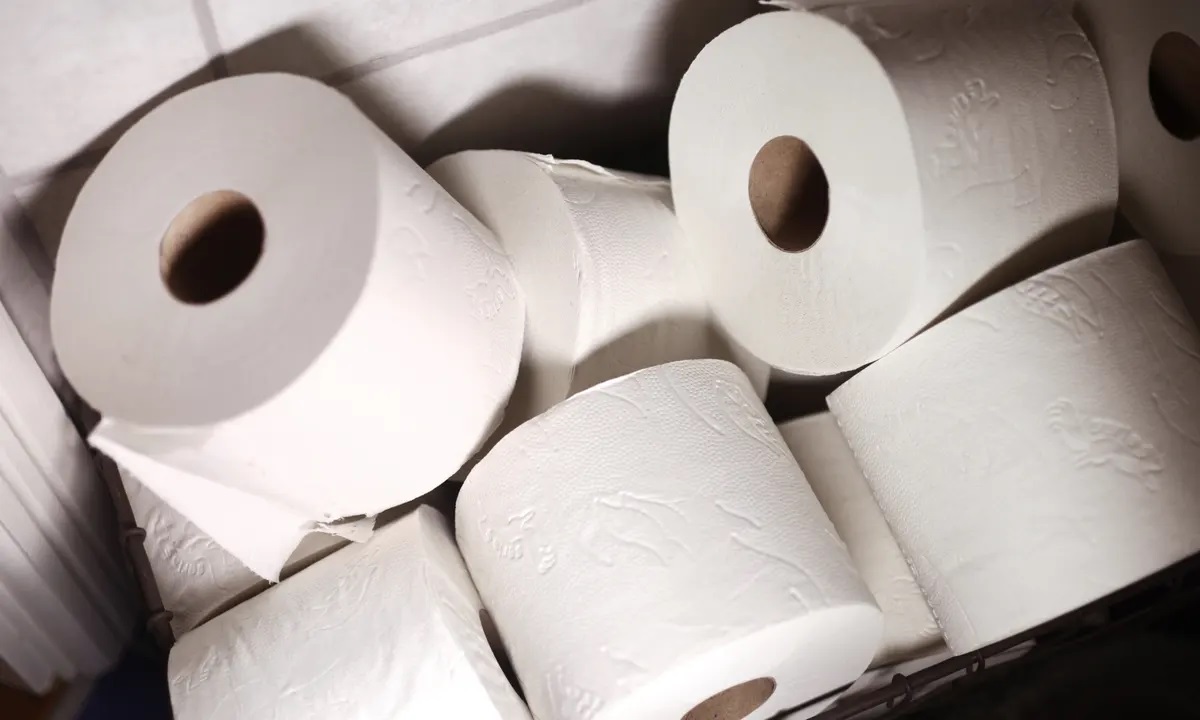Home>Home Maintenance>How Much Does A Coil For An Air Conditioner Cost
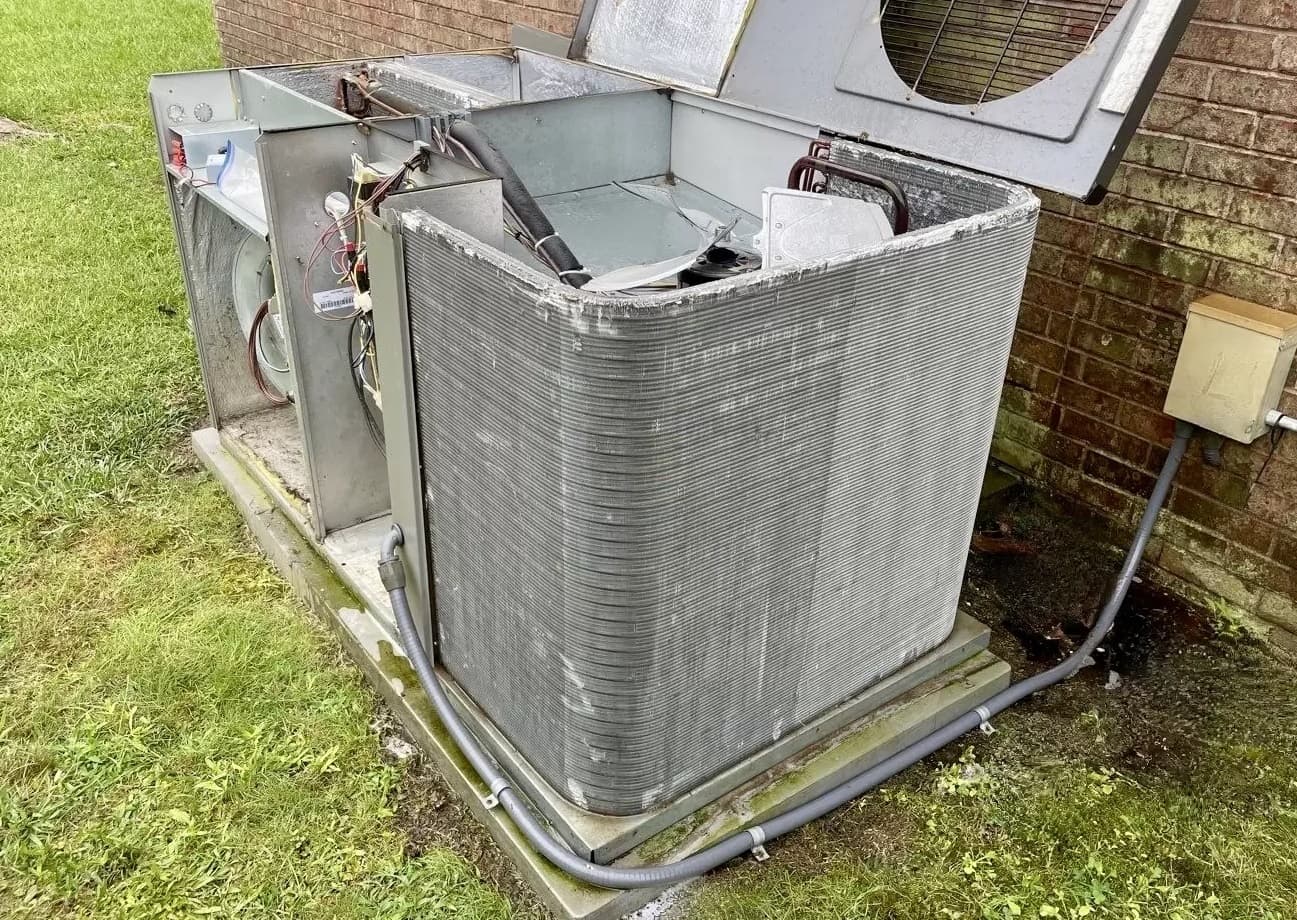

Home Maintenance
How Much Does A Coil For An Air Conditioner Cost
Modified: March 7, 2024
Find out the cost of a coil for your air conditioner and stay within your home maintenance budget.
(Many of the links in this article redirect to a specific reviewed product. Your purchase of these products through affiliate links helps to generate commission for Storables.com, at no extra cost. Learn more)
Introduction
When it comes to keeping our homes cool and comfortable during the sweltering summer months, air conditioners play a vital role. One of the critical components of an air conditioning system is the coil. The coil is responsible for transferring heat and allowing the air conditioner to cool down the indoor space effectively. Like any other mechanical component, coils may wear out over time and require replacement.
However, before jumping into the details of the cost of a coil for an air conditioner, it’s essential to understand that several factors can influence the overall cost. From the type of coil to additional charges associated with installation, understanding these factors can assist you in making an informed decision and ensuring optimal functioning of your air conditioning system.
In this article, we will delve into the various factors that impact the cost of a coil for an air conditioner. We will explore different types of coils, their average costs, and additional expenses that may arise during the replacement process. Additionally, we will provide tips to help you save money on coil replacements without compromising on quality or performance.
Let’s dive right in and learn more about the factors that influence the cost of a coil for an air conditioner.
Key Takeaways:
- Replacing a coil for your air conditioner can cost anywhere from $500 to $2,500, depending on factors like type, brand, and installation. It’s crucial to consider these factors and consult a professional for accurate estimates.
- To save money on coil replacement, compare quotes from HVAC contractors, explore warranty coverage, and look for rebates. Regular maintenance and avoiding DIY mistakes can also help prevent costly repairs.
Read more: How Much Does A Carrier Air Conditioner Cost
Factors Affecting the Cost of a Coil for an Air Conditioner
When it comes to the cost of a coil for an air conditioner, several factors come into play. Understanding these factors can help you estimate and plan for the expenses involved in replacing a coil. Here are the key factors that can affect the cost:
- Type of Coil: The type of coil you need for your air conditioner can impact the cost. There are two primary types of coils: evaporator coils and condenser coils. Evaporator coils are located inside the air handler, while condenser coils are located outside the air conditioner unit. Generally, condenser coils tend to be more costly than evaporator coils due to their larger size and more complex design.
- Brand and Model: The brand and model of the coil can also have an impact on the cost. Different brands offer varying levels of quality and performance, which can affect their price. Additionally, newer models with advanced features may come at a higher price point compared to older or basic models.
- Size and Compatibility: Ensuring the coil is the correct size and compatible with your air conditioning system is crucial. A coil that is too small or too large may not fit properly or function efficiently, leading to potential issues. Custom-sized coils or those designed for specific systems may come with a higher price tag.
- Labor and Installation Costs: The cost of labor and installation is another significant factor to consider. Hiring a professional HVAC technician or contractor to install the new coil is highly recommended for proper functioning and longevity. Labor costs can vary depending on the complexity of the installation, location, and local market rates.
- Additional Components: Sometimes, replacing a coil necessitates the replacement of other components such as refrigerant lines or insulation. These additional components can add to the overall cost of the project.
- Warranty: Some coils come with warranties that cover the cost of replacement within a specific period. Depending on the warranty terms, you may need to only pay for labor and installation, reducing the financial burden of replacing the coil.
It’s important to note that these factors can vary from one situation to another. Therefore, it is advisable to consult with a reputable HVAC professional who can assess your specific needs and provide an accurate estimate for replacing the coil in your air conditioner.
Types of Coils for Air Conditioners
When it comes to replacing the coil in your air conditioner, it’s essential to understand the different types of coils available. Each type has its own characteristics and is designed for specific applications. Here are the most common types of coils for air conditioners:
- Evaporator Coils: Evaporator coils are located indoors and are responsible for cooling the air by extracting heat. These coils work by circulating refrigerant through a series of tubes and fins. The warm air from your home passes over the coils, causing the refrigerant to absorb the heat and cool down the air. Evaporator coils are typically made of copper or aluminum to facilitate efficient heat transfer.
- Condenser Coils: Condenser coils are located outside the air conditioning unit and are responsible for releasing the heat absorbed by the refrigerant. These coils work by transferring heat from the refrigerant to the surrounding air. Condenser coils are typically made of aluminum due to its corrosion resistance and ability to dissipate heat effectively.
- Cased Coils: Cased coils, also known as slab coils, come as a complete unit enclosed in a protective case. These coils are designed for easy installation and are factory-sealed, ensuring optimal performance. Cased coils are available in various sizes to fit different air conditioning systems and can be used for both residential and commercial applications.
- Uncased Coils: Uncased coils, sometimes referred to as “A-coils” due to their shape, are open-ended coils that require a separate enclosure or housing. These coils are commonly used in air handlers and are suitable for custom installations or when replacing coils in existing systems.
- Coil Coatings: Some coils come with specialized coatings to protect against corrosion and enhance longevity. Coatings such as tin-plating or hydrophilic coatings help prevent rust and increase resistance to moisture, improving the durability and efficiency of the coils.
It’s important to note that the type of coil needed for your air conditioner may depend on various factors, including the make and model of your system, your climate, and specific installation requirements. Consulting with an HVAC professional will ensure that you choose the most suitable coil for your air conditioning system.
Average Cost of Different Coil Types
When it comes to determining the cost of a coil for your air conditioner, it’s crucial to understand the average costs associated with different coil types. The prices can vary depending on factors such as the brand, size, and location. Here’s a general overview of the average costs for different coil types:
- Evaporator Coils: On average, the cost of evaporator coils can range from $500 to $1,500, excluding installation. Factors such as the size, brand, and material of the coil can impact the price. Copper coils tend to be more expensive compared to aluminum coils due to their superior heat transfer capabilities.
- Condenser Coils: The average cost of a condenser coil can range from $1,000 to $2,500, excluding installation. As condenser coils are larger and require more materials, they tend to be more expensive compared to evaporator coils. The brand, size, and material of the coil also contribute to the price variation.
- Cased Coils: Cased coils are typically priced between $800 and $2,000, excluding installation. The cost may vary based on factors such as the size, brand, and efficiency rating of the coil. Cased coils offer the convenience of being a complete unit, which can impact their price compared to uncased coils.
- Uncased Coils: Uncased coils generally range in price from $500 to $1,500, excluding installation. The cost can vary depending on factors such as the brand, size, and special features of the coil. Uncased coils require a separate enclosure or housing, making them a more customizable option for specific installations.
- Coil Coatings: Coils with specialized coatings may come at a slightly higher cost compared to standard coils. The price of coils with coatings can range from $50 to $200 more than non-coated options. However, the added protection against corrosion and increased longevity may outweigh the additional expense in the long run.
It’s essential to note that these are just average costs, and prices can vary depending on several factors. Additionally, installation costs, including labor and additional components, should be factored in when estimating the total cost of replacing a coil for your air conditioner.
Consulting with a reputable HVAC professional will provide you with a more accurate estimate based on your specific needs and the unique requirements of your air conditioning system.
The cost of a coil for an air conditioner can vary depending on the brand, size, and type of coil needed. On average, you can expect to pay anywhere from $500 to $1500 for a new coil, including installation. It’s important to get quotes from multiple HVAC companies to ensure you’re getting the best price.
Additional Costs to Consider
When replacing a coil for your air conditioner, it’s important to be aware of potential additional costs that may arise during the process. These costs can vary depending on the specific circumstances of your installation and the condition of your system. Here are some additional costs to consider:
- Labor and Installation: Hiring a professional HVAC technician or contractor to install the new coil is highly recommended. The cost of labor and installation can vary depending on factors such as the complexity of the installation, location, and local market rates. It’s important to budget for these costs to ensure a proper and efficient installation.
- Refrigerant Lines and Insulation: In some cases, replacing a coil may require the replacement of refrigerant lines or insulation. If the existing lines or insulation are damaged or incompatible with the new coil, additional costs may be incurred. It’s essential to have a thorough inspection of your system to assess if any additional components need replacement during the coil replacement process.
- Permit Fees: Depending on your local jurisdiction, permit fees may be required for HVAC work, including coil replacements. These fees can vary, so it’s important to check with your local authorities to determine if any permits are necessary and factor in the associated costs.
- Disposal of Old Coil: Properly disposing of the old coil is essential for environmental reasons. Some HVAC contractors may include disposal in their installation services, while others may charge a separate fee for coil disposal. It’s important to inquire about this and budget accordingly if it is not included in the installation cost.
- Extended Warranties: While coils often come with manufacturer warranties, some homeowners choose to purchase extended warranties for added peace of mind. These warranties can provide coverage for a longer period and may have additional benefits, but they come at an extra cost. It’s advisable to weigh the benefits against the cost when considering an extended warranty for your coil replacement.
By being aware of these potential additional costs, you can ensure that you have a realistic budget in place for replacing your air conditioner coil. Consulting with a reputable HVAC professional will help you get a better understanding of potential extra expenses specific to your situation.
Read more: How Much Does A 2-Ton Air Conditioner Cost
Factors to Consider when Choosing a Coil
Choosing the right coil for your air conditioner is crucial for optimal performance, energy efficiency, and longevity. Here are several factors to consider when selecting a coil:
- Compatibility: Ensure that the coil you choose is compatible with your existing air conditioning system. Consider factors such as size, type, and refrigerant compatibility to ensure a proper fit and optimal functioning.
- Efficiency: Look for coils with high energy efficiency ratings. Coils with higher efficiency can help reduce energy consumption, resulting in lower utility bills. Look for coils that are Energy Star certified or have a high SEER (Seasonal Energy Efficiency Ratio) rating.
- Quality: Opt for coils made by reputable manufacturers known for their quality and reliability. Choosing a high-quality coil can help prevent issues and ensure long-term performance and durability.
- Material: Consider the material of the coil. Copper coils are excellent for heat transfer and corrosion resistance, while aluminum coils are lightweight and more cost-effective. Each material has its benefits, so weigh them against your specific needs and budget.
- Coil Coatings: Coils with specialized coatings, such as tin-plating or hydrophilic coatings, can provide added protection against corrosion and increase the lifespan of the coil. This can be particularly beneficial in areas with high humidity or corrosive environments.
- Budget: Set a budget for your coil replacement project. Consider not only the cost of the coil itself, but also installation expenses, additional components, and any necessary permits. Strike a balance between quality and affordability that meets your requirements.
- Professional Guidance: Seek professional guidance from an HVAC technician or contractor. They can assess your specific needs, evaluate your existing system, and recommend the most suitable coil options based on factors such as size, efficiency, and compatibility.
By taking these factors into account, you can make an informed decision when choosing a coil for your air conditioner. Remember that consulting with an HVAC professional is crucial to ensure that you select the right coil that meets your specific requirements and ensures optimal performance and efficiency for your air conditioning system.
Tips for Saving Money on Coil Replacement
Replacing a coil for your air conditioner can be a significant investment. However, there are several ways you can save money on the coil replacement process without compromising on quality or performance. Here are some tips to help you save money:
- Compare Quotes: Obtain quotes from multiple HVAC contractors to compare prices and services. This can help you find the best deal while ensuring you work with a reputable professional.
- Consider Warranty Coverage: Check if your existing coil is still under warranty. If it is, you may be able to get a replacement coil without incurring the full cost. Additionally, consider purchasing extended warranties for your new coil to protect it from future problems.
- Look for Rebates and Incentives: Check with local utility companies and government agencies for any available rebates or incentives for energy-efficient coil replacements. These incentives can significantly reduce your overall costs.
- Get Regular Maintenance: Proper and regular maintenance of your air conditioning system can help prolong the life of your coil. Regularly cleaning or replacing filters, keeping the coils clean, and scheduling annual maintenance by a professional can prevent costly repair or replacement in the long run.
- Consider Financing Options: If the upfront cost of coil replacement is a concern, inquire about financing options offered by HVAC contractors. Many contractors provide flexible payment plans that can help you spread out the cost over time.
- Avoid DIY Mistakes: While it may be tempting to attempt a DIY coil replacement to save money, it’s best to leave it to the professionals. DIY mistakes can lead to further damage and costly repairs. Hiring a qualified HVAC technician ensures a proper installation and reduces the risk of complications.
- Maximize Energy Efficiency: A high-efficiency coil can help reduce energy consumption and lower your utility bills in the long run. Investing in a coil with a high SEER rating or Energy Star certification can lead to significant savings over time.
- Plan Ahead: If possible, plan your coil replacement during the off-peak season when HVAC contractors may offer discounted rates or promotions. Avoid emergency situations where you may have to make quick decisions without considering cost-saving opportunities.
By implementing these tips, you can potentially save money on your coil replacement process. Remember, it’s essential to strike a balance between cost savings and the quality and performance of the coil to ensure optimal functioning of your air conditioning system in the long run.
Conclusion
Replacing a coil for your air conditioner is an important investment in maintaining the performance and efficiency of your cooling system. Understanding the factors that impact the cost of a coil and considering various options can help you make informed decisions and ensure the best value for your money.
Factors such as the type of coil, brand, size, and compatibility play a significant role in determining the cost. Additionally, labor and installation expenses, additional components, and warranties should be considered when estimating the overall expense.
When choosing a coil, it’s essential to prioritize compatibility, efficiency, quality, and budget considerations. Seeking professional guidance and comparing quotes from reputable HVAC contractors can help you find the most suitable coil without overspending.
To save money on coil replacement, explore warranty coverage, rebates, and incentives offered by utility companies or government agencies. Regular maintenance of your air conditioning system can also extend the life of the coil and prevent costly repairs.
Finally, when it comes to affordability, be cautious with DIY coil replacement and instead rely on the expertise of HVAC professionals. They can ensure a proper installation and help you navigate financing options if needed.
By taking these factors and tips into consideration, you can make a cost-effective decision when replacing your air conditioner coil, ensuring optimal performance and comfort for your home while maximizing your budget.
Frequently Asked Questions about How Much Does A Coil For An Air Conditioner Cost
Was this page helpful?
At Storables.com, we guarantee accurate and reliable information. Our content, validated by Expert Board Contributors, is crafted following stringent Editorial Policies. We're committed to providing you with well-researched, expert-backed insights for all your informational needs.
